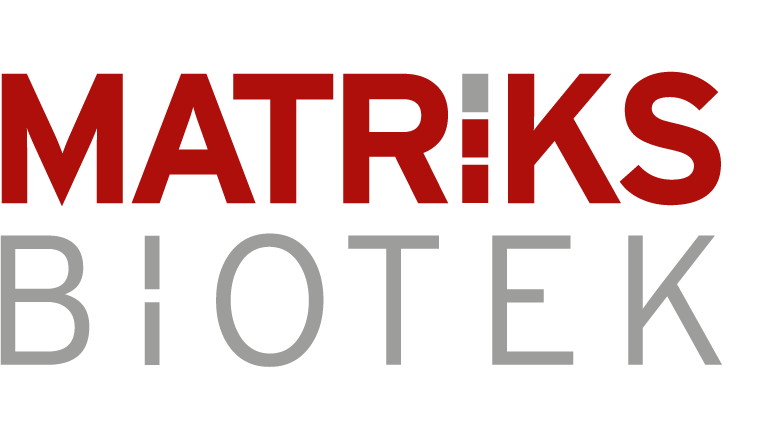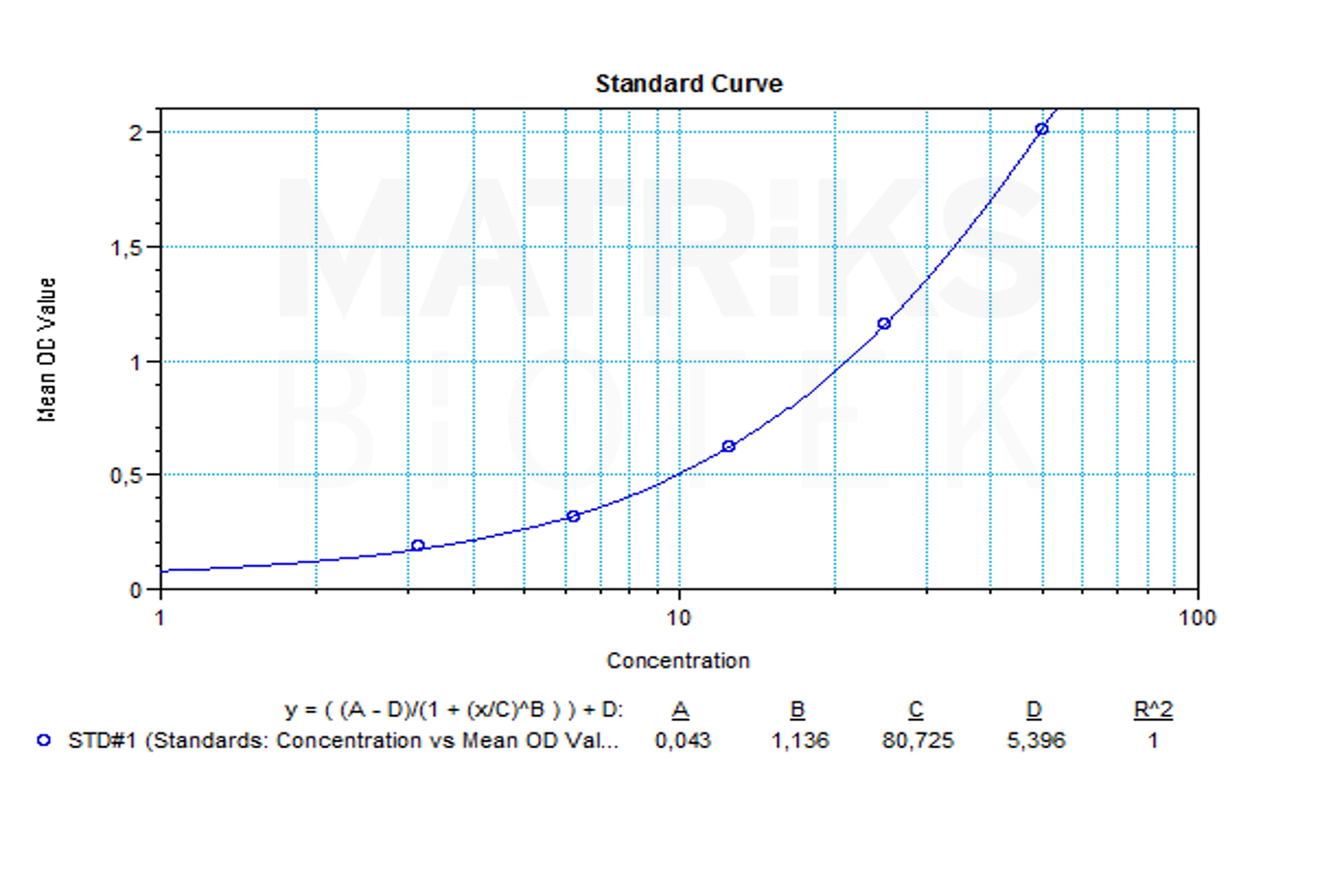Anti-filgrastim antibodies are immunogenic responses developed against filgrastim, a recombinant granulocyte colony-stimulating factor (G-CSF) used primarily to manage chemotherapy-induced neutropenia (CIN). CIN is a significant complication of myelosuppressive chemotherapy, increasing patient risk for infection, treatment delays, and overall treatment cost. Filgrastim promotes the proliferation and differentiation of neutrophil precursors, accelerating neutrophil recovery and reducing febrile neutropenia. However, in certain patients, repeated exposure can trigger the formation of antidrug antibodies (ADAs), potentially neutralizing filgrastim’s biological activity.
In research and clinical settings, monitoring for the presence of anti-filgrastim antibodies is essential to assess therapeutic efficacy and safety. The emergence of ADAs may lead to altered pharmacokinetics, diminished drug effect, or serious adverse events such as persistent neutropenia. Variability in immunogenicity can arise from differences in biologic manufacturing processes, such as host cell expression systems and protein attributes, emphasizing the importance of therapeutic drug monitoring (TDM) to ensure consistent treatment response. As biosimilars for filgrastim are increasingly utilized, evaluating anti-filgrastim antibody responses becomes a vital component in ensuring equivalence and long-term patient safety.
This product is manufactured in Turkey by Matriks Biotek.


